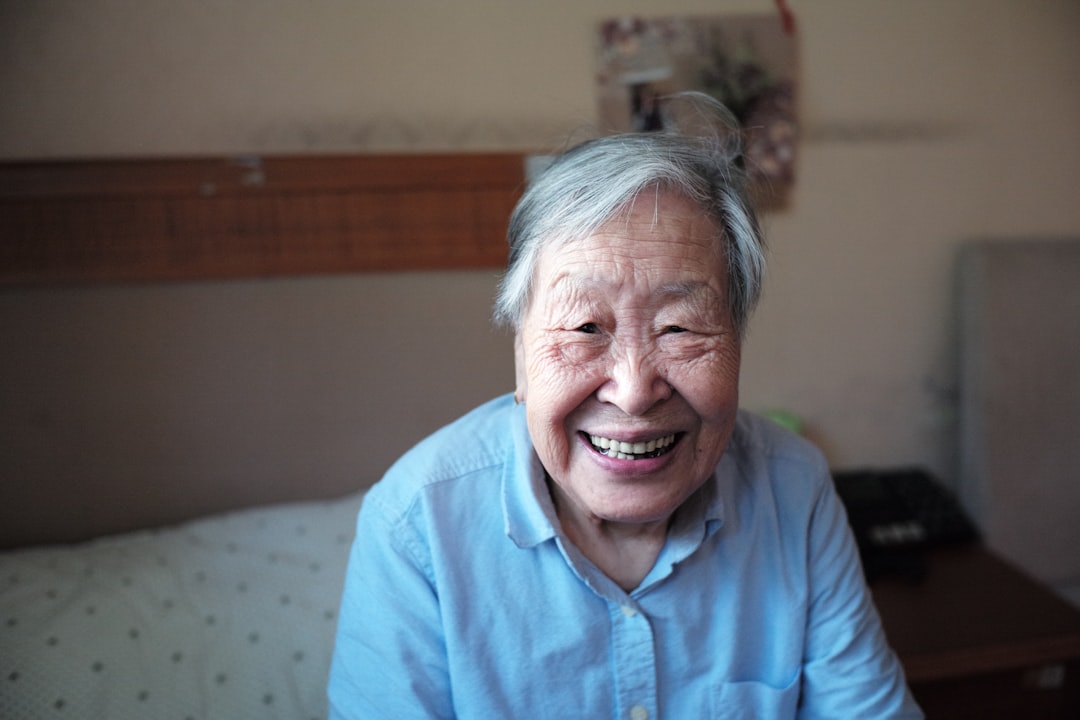What is it about?
People can change in many ways after violence. Many people are familiar with negative changes like losing a job or mental health consequences like posttraumatic stress (PTS). Some people also change in positive ways that could be described as posttraumatic growth (PTG), like forming deeper relationships or developing new interests. But changes aren't only positive or negative, they often overlap, and people can have mixed feelings about changes they experience. This can be described as posttraumatic change (PTC).
Featured Image

Photo by Ross Findon on Unsplash
Why is it important?
Posttraumatic change (PTC) is a foundational concept for understanding posttraumatic stress (PTS) and posttraumatic growth (PTG) that provides more flexibility for survivors to identify changes that are bittersweet; things they value that remain painful. It also provides space to identify changes that are value-neutral. It is important to have language survivors can use if they are not comfortable or ready for growth language.
Perspectives
I hope that this work provides some comforting language for survivors navigating the aftermath of violence. We are so grateful for the many people who shared their experiences with us.
Dr. Benjamin Roebuck
Algonquin College of Applied Arts and Technology
Read the Original
This page is a summary of: Violence and posttraumatic change (PTC)., Psychological Trauma Theory Research Practice and Policy, January 2022, American Psychological Association (APA),
DOI: 10.1037/tra0001222.
You can read the full text:
Resources
Contributors
The following have contributed to this page










